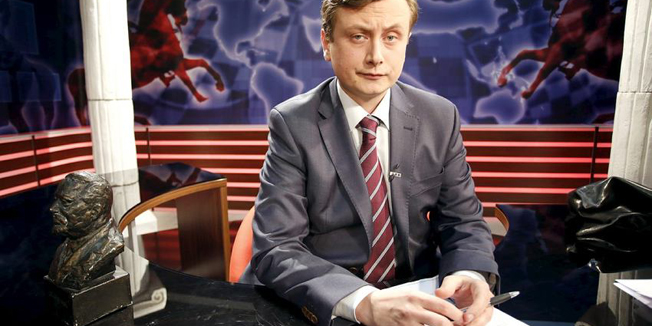17 Oct 2019
18:30 - 20:00
Beograd Budva
Side Event: Consequences of Delayed or Denied Balkan States EU Accession (in cooperation with European Academy for Diplomacy and Ministry of Foreign Affairs of Poland)
Discussion points:
- Where is the Berlin Process currently standing? What are the consequences of delayed or denied WB6 countries accession to the EU?
- Quantify the risks of accession fatigue: are these societies resilient enough to stay on the course/keep at it, in spite of no clear end in sight?
- What is the role of Poland in the process of integration of the Western Balkans with the EU? What stake does Poland have in the Berlin Process?
The Berlin process has been going on for five years and the accession procedure is even longer for some individual WB6 countries. What are the main challenges of WB6 countries in the framework of integration with the EU? Progress is even more complicated due to the different integration indicators achieved by different WB6 countries. While technical standards represent one set of challenges, the question of the political will of the leading EU Member States represents another.
Further readings:
- Communication on EU Enlargement Policy, European Commission 2019
- Kmezić M. The Western Balkans and EU Enlargement: Lessons learned, ways forward and prospects ahead, European Parliament 2015
- Secrieru S. Russia in the Western Balkans: Tactical wins, strategic setbacks, European Union Institute for Security Studies 2019
- Simić J., Serbia in the EU in 2025 – mission (im)possible,
- Timsit A., The European Union’s future members are losing patience
- Wintour P., Balkan states ‘must embrace reform before EU ascension





